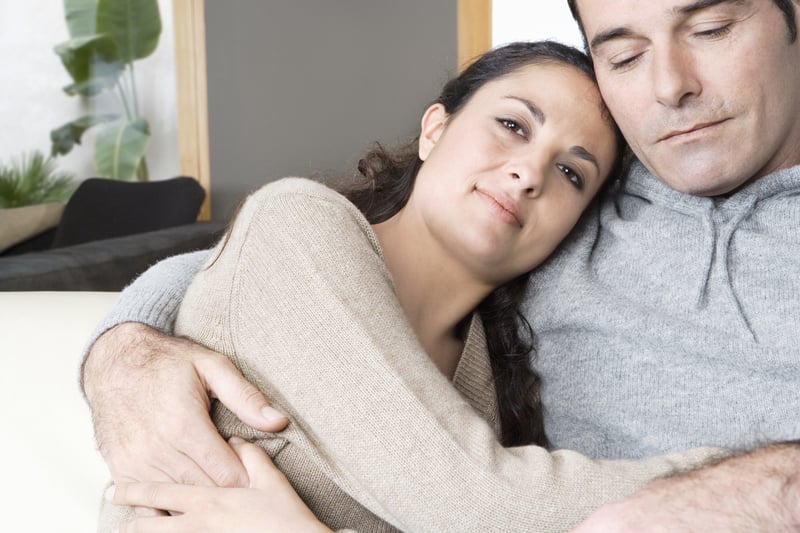Infertility Issues That Lead to Using an Egg Donor
by MyEggBankin GeneralApril 14th, 2020

For some couples and individuals who are facing infertility issues, treatments such as intrauterine insemination (IUI) and in vitro fertilization (IVF) aren’t always able to successfully assist in family building. In some of these cases, using an egg donor can help people build the families that they desire. However, the idea of using an egg donor may seem strange or even unfortunate to those who expected to conceive on their own.
While transitioning from the fertility treatment process to third-party reproduction can certainly be a distressing experience, it’s important to realize that the fertility issues that led to the decision of using an egg donor are largely out of your control. Furthermore, understanding these issues can ultimately help you come to terms with the idea of using an egg donor and hopefully make your family-building journey a little easier.
Premature Ovarian Failure
Also known as primary ovarian insufficiency (POI), premature ovarian failure (POF) is when menopause occurs before the age of 40. It is characterized by the disruption of normal estrogen production, regular egg release, and normal ovarian function. It’s estimated that POF occurs in approximately one in 1,000 women between the ages of 15 and 29, and one in 100 women between the ages of 30 and 39.
Cancer Treatment
Treatments such as chemotherapy and radiation can damage reproductive organs, especially if the treatment is being performed near the abdomen or pelvic region. For example, chemotherapy can impair ovaries and disrupt their ability to release eggs or produce estrogen. In some cases, fertility can still be impacted even if the treatment isn’t being applied near the reproductive organs. One example is radiation therapy to the brain, which can damage the pituitary gland, the part of the brain that controls hormones.
Diminished Ovarian Reserve
Diminished ovarian reserve is when a woman’s eggs are low in terms of quality and quantity. This happens naturally as women age, but can also be caused by other conditions, including endometriosis, autoimmune disorders, and genetic anomalies.
Underlying Reproductive Conditions
There are many different disorders and conditions that can play a role in causing female infertility. Some of these include:
- Endometriosis – a condition in which abnormal growth of uterine-like tissue grows outside the womb
- Polycystic ovary syndrome (PCOS) – a disorder in which hormone levels become imbalanced
- Noncancerous tumors and growths in the uterus
- Pelvic inflammatory disease – an infection from a sexually transmitted disease (STD) that impacts the uterus and fallopian tubes
Using an Egg Donor
Egg donation makes it possible for many different types of women to experience the joy of having a child. Taking time to understand the infertility issues that led you to this decision is an important part of the process.
To learn more about egg donation, connect with the team at MyEggBank.




